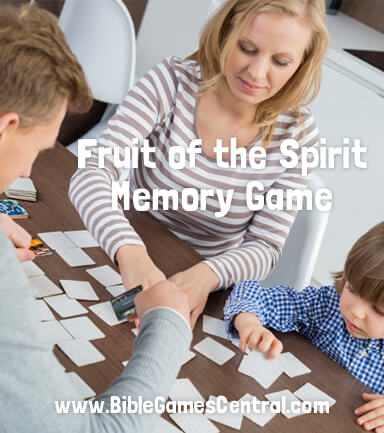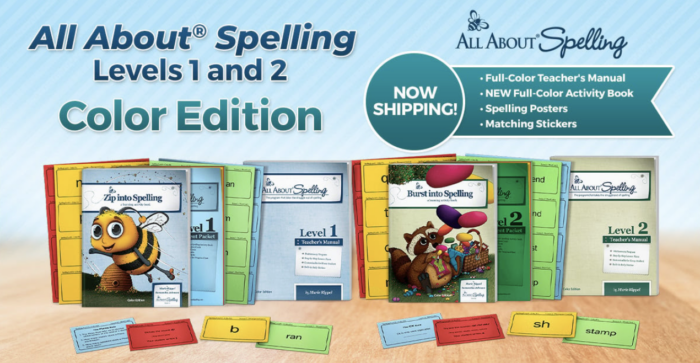Tips & Tricks for Using Games to Teach Bible Truths
Tips & Tricks for Using Games to Teach Bible Truths
[Today's article “Tips & Tricks for Using Games to Teach Bible Truths” is a guest post by Alvin Gan.]
Bible games. We’ve all heard of them and have probably used them before in our ministry. But are they just time-fillers for when we run out of content? An icebreaker to get everyone settled in? No – they can be so much more!
Read on to discover how Bible games have the potential to add value to your lesson plan while entertaining your class and adding vibrancy to the room. Fun and Bible knowledge don’t have to be mutually exclusive!
Disclosure: I get commissions for purchases made through affiliate links in this post.
Benefits of Using Games to Teach Bible Truths
1. Games make Bible lessons more fun.
Studying the Bible should be enjoyable and exciting. Yet, we often see children, youths, and sometimes even adults dragging their feet to their Bible lessons.
Games are one way to inject meaningful fun into the lesson. Learning is also enhanced because students become active participants rather than just passive spectators.
For instance, you can use a game involving the Gospel Plane to make your evangelistic lesson more engaging. When Bible lessons are fun, students are far more likely to attend regularly and invite friends as well.
2. Games encourage self-discovery.
Jesus continually led his disciples on a journey of self-discovery. Instead of simply telling his disciples who he was, Jesus asked, “But who do you say that I am?” (Mark 8:29). By forcing his disciples to think, they became involved in their own learning process and more convinced of the answer.
In the same way, using games as a teaching tool allows your students to ponder and arrive at conclusions on their own instead of you spoon-feeding them biblical facts.
For example, Up in the Air is a game which involves keeping 3 balloons in the air at the same time. When played individually, it is very difficult to keep all 3 balloons in the air for more than a minute. But when played as a team, keeping those same balloons in the air becomes fairly easy. Participants will discover for themselves the benefits of working as a team. This simple game can help drive home the point that as fellow believers in Christ Jesus, we must learn to work as one united body so that we can collectively do more for God.
3. Games allow you to cater to different learning styles
No two individuals are exactly alike. And because each person learns differently, you should vary your Bible games to cater to various learning styles.
For instance, to help your class remember all nine attributes of the Fruit of the Spirit, you can play both Fruit of the Spirit Blow Wind Blow – which is more suitable for kinesthetic learners –
and Fruit of the Spirit Memory Game – which works better for visual learners. In that way, both types of learners will benefit.
Here are some Sunday school coloring pages that you'll love, too!
Tips for Using Games to Teach Bible Truths
1. Know your lesson objective
Be clear about what you want your lesson to impart and choose your game accordingly. Very often, a game can be used to communicate several learning points but you need to resist the temptation to include too many take-aways with any one game.
2. Choose appropriate games
Not all games will appeal to all groups of people. Many Bible Games for Kids may be suitable for those aged 5 to 10, but will likely be too juvenile and boring for a teenager.
On the flip side, many Youth Group Games that teens would enjoy might be too complex for younger children. And don’t make the mistake of thinking that adults do not enjoy games.
Besides taking your audience into account, you must also consider the allocated time and physical space available when selecting your game.
3. Give bite-sized instructions
Explain the game as simply as possible. If you are playing a new game that is fairly complex, you should only share the most important rules first just to get the game going. After everyone has a rough idea of how the game is played, you can continue with a more detailed explanation.
Very often, a demonstration with several volunteers will be far more effective than a lengthy explanation. And always invite the participants to ask questions after you explain the game.
4. Be sensitive
Games are intended to inject fun into the lesson and not add stress to students. Always avoid making anyone feel uncomfortable. There may be individuals in the group who are exceptionally shy and who do not enjoy group games. If appropriate, assign a special role for this person such as scorekeeper or timekeeper.
5. Pray
Perhaps the most important thing is for you to pray. Using games in your Bible lesson doesn’t make it any less of a spiritual exercise. Pray throughout your preparation, asking God to guide you in your game selection and planning. Pray for the individuals in your group, asking God to minister to them through the lesson.
The Ultimate Objective for Using Games to Teach Bible Truths
As you lead your Bible lesson, whether you employ games or not, never lose sight of the ultimate goal. The objective isn’t just to have fun. The objective isn’t just to get to know each other better. The objective isn’t just to impart knowledge. The objective is really to help each other become more like Jesus.
Alvin Gan
Alvin Gan is the father of three noisy (but lovely) teenagers and founder of BibleGamesCentral.com and LetTheLittleChildrenCome.com.
At Bible Games Central, you will find a variety of fun and captivating games complete with Bible learning points recommended scripture passages and discussion questions.
Let The Little Children Come specializes in unique child evangelism tools and resources to help convey the gospel message to children effectively.















